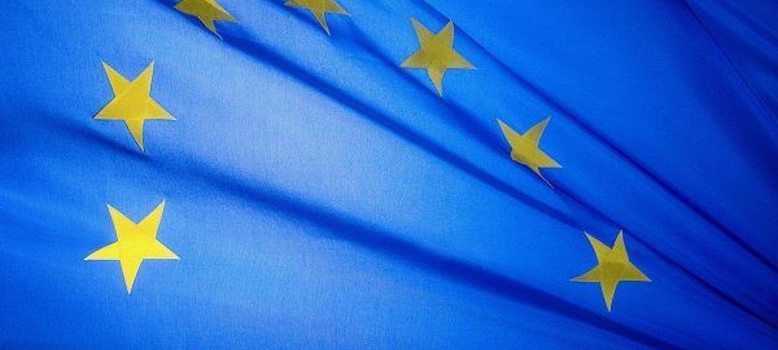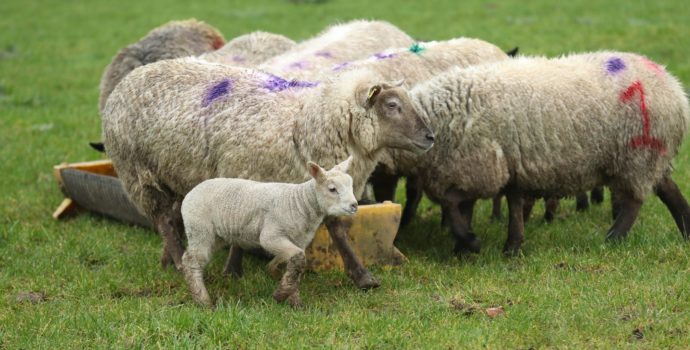Strong Commitment to Eu-uk Trading Relationship Must Be Shown – IFA President

IFA President Joe Healy has urged a strong commitment on both sides to achieve a positive trading relationship in exit negotiations between the EU and the UK.
Speaking at a Business Forum on Brexit in Monaghan, Joe Healy said strong leadership is necessary and the relationship between Ireland and the UK must be leveraged to minimise economic disruption arising from the Brexit vote and to achieve a positive and sustainable outcome to UK exit negotiations.
“With 40% of our agri-food exports, worth €5bn, destined for the UK market, it simply cannot be overstated how important it is for the Irish agri-food sector that as free as possible market access to the UK is maintained,” he said.
Joe Healy also pointed out that the significant cross border trade of agricultural produce for final processing presents a major challenge if we are to maintain and grow our high value export markets. He said barriers to this trade, whether in the form of tariffs, additional certification or labelling issues, will all add to costs, and may make this continued trade simply uneconomic.
The IFA President warned that if the UK were to pursue a post-Brexit trade agenda which resulted in the unilateral reduction of import tariff barriers for agricultural imports from all exporting countries into the UK, it would be very negative for Irish agriculture.
He said this situation could result in a very significant reduction in the price of UK food, and consequently, the price that Irish farmers receive and he pointed out that a reduction in spending power for Irish agriculture would have a significant and negative knock on impact on the demand for goods and services in the rural economy.
Immediate concern – impact of sterling devaluation
The vote by the UK to leave the EU has already contributed to greater economic uncertainty, which has impacted on Irish agriculture, and will continue to do so into 2017, Joe Healy said.
“The sudden and sustained weakening of sterling that has occurred as a direct result of the UK vote and subsequent political declarations has had a negative impact on the price returned to producers whose product is being exported to the UK market.
“Exchange rate volatility cannot be controlled in the short term. As a member of the Single Market, there are significant limits on the direct support that can be given to exporting agricultural businesses without breaching State Aid rules.
“We believe that the EU Commission should look seriously at providing exceptional support for sectors for whom an external political event has had an immediate and negative economic impact.”
At EU level, IFA has looked for direct support to be provided to affected producers through CAP Market Support measures. The decline of sterling, arising from the UK vote, is a market disturbance which has occurred swiftly and unexpectedly, and has resulted in significant price falls.
On the beef price situation, Joe Healy said that with over 50% of our beef exports go to the UK market, the weakness of sterling does provide a major challenge.
IFA is clear, however, that exchange rate volatility is not the only determinant of price returns and higher prices are justified and necessary. “Demand for beef in the UK remains very strong. We are in the high demand Christmas procurement period, and trade has picked up. It is simply not acceptable for processors to return an unviable price to our farmers at this time. Prices must be restored to viable levels; factories must demand significantly higher prices from their British retailer customers and pass these increases directly back to farmers.”




